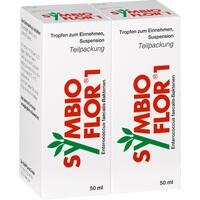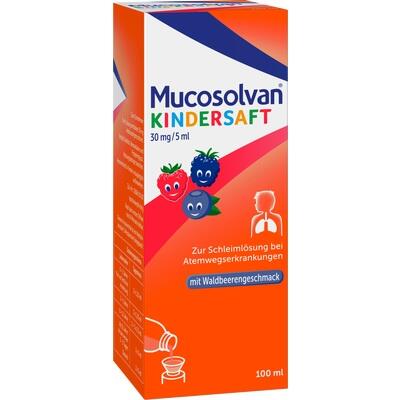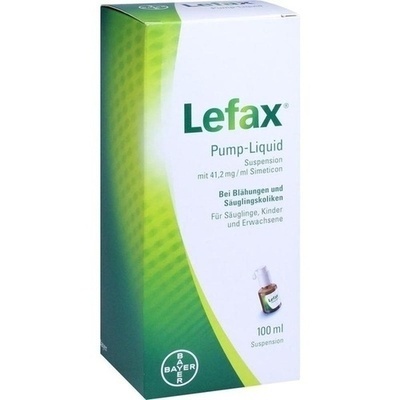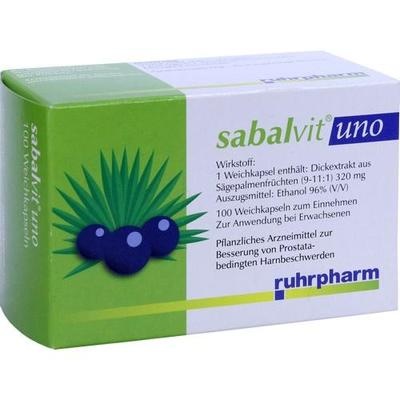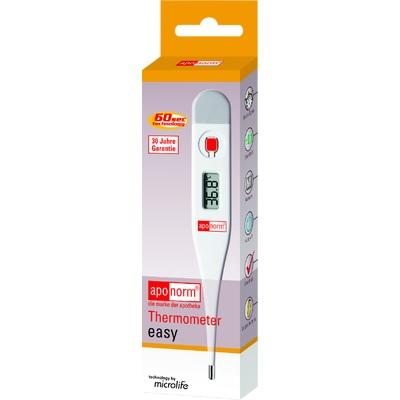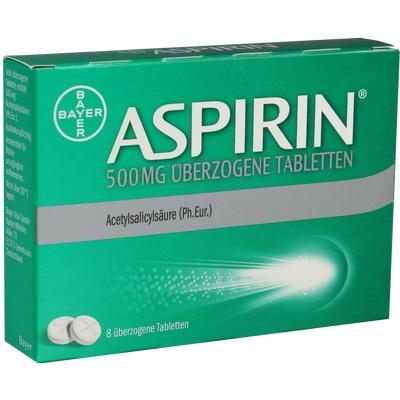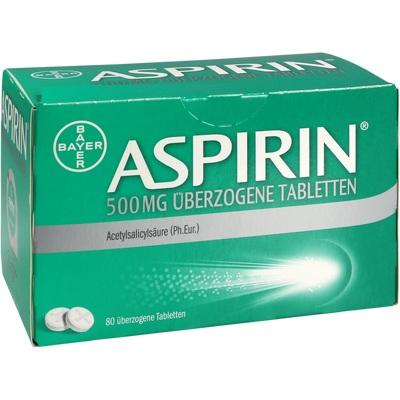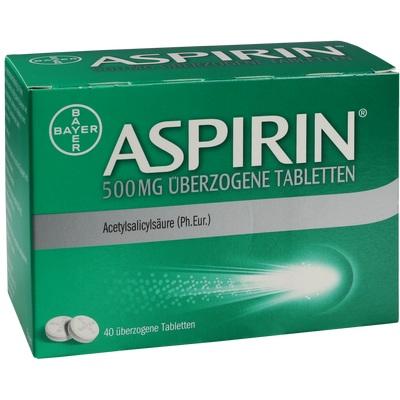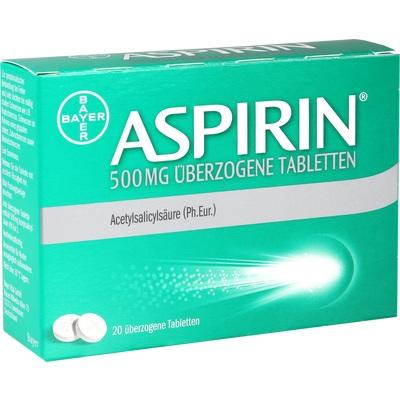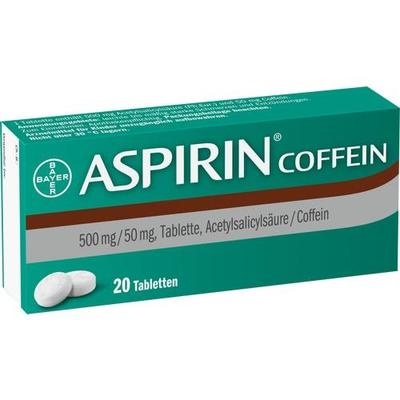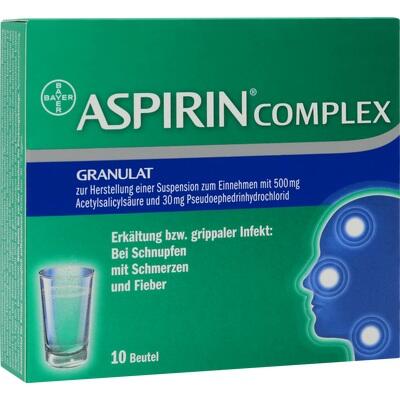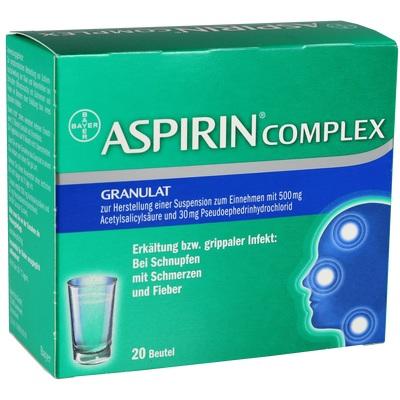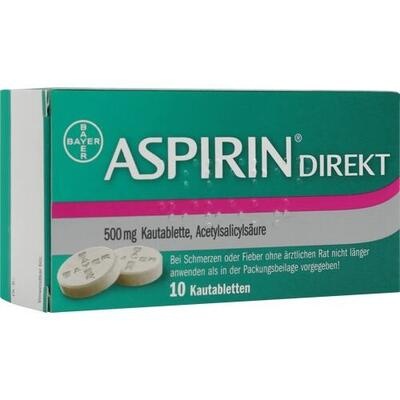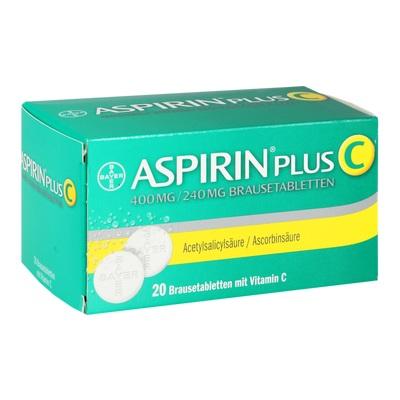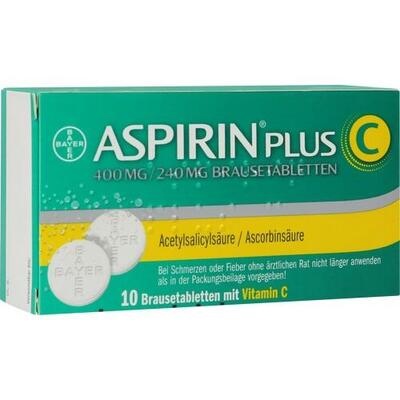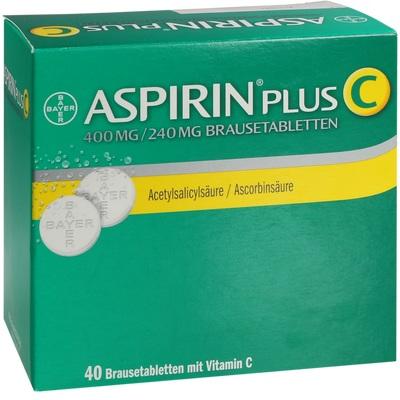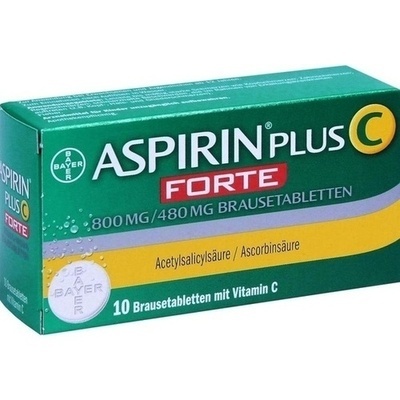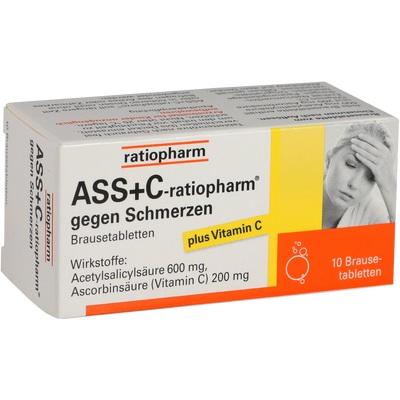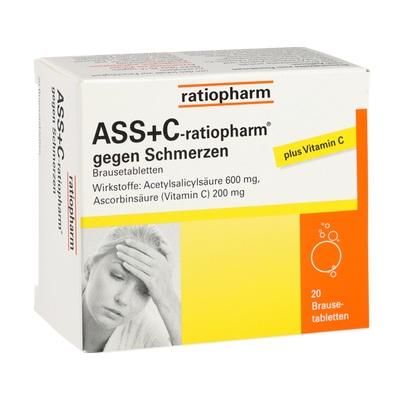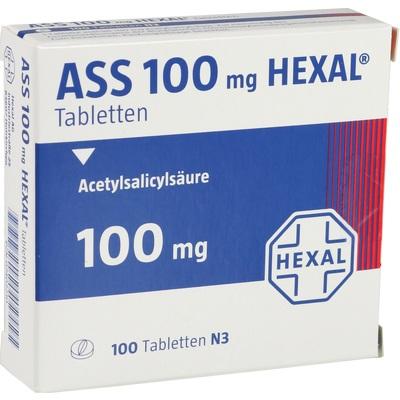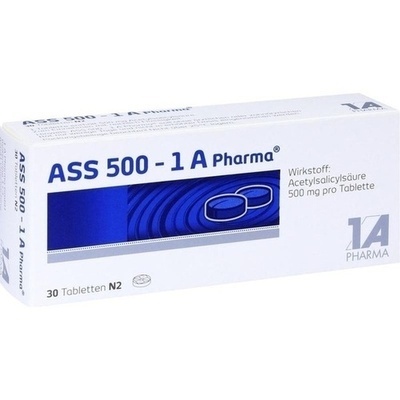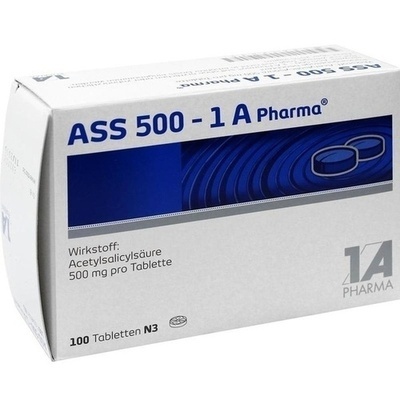
Fever Medicines
What is fever anyway?
Normal the body temperature of a human body is between 36 and 37 degrees Celsius. An elevated temperature is present when the value ranges between 37.5 and 38 degrees Celsius. Everthing over/above 38 degrees is called fever. If the temperature rises above (39 to 41 degrees Celsius), then we are talking about high fever. A value above 41 degrees Celsius means extremely high fever.
By the way, fever is not a disease in itself, but a symptom. Fever can occur as a symptom of a wide variety of diseases. Fever is often triggered by infectious diseases such as colds or flu. But why does our temperature rise in the first place?
In our body, body temperature is controlled by the hypothalamus. Its task is to guarantee as constant a temperature as possible for vital organs such as the heart, liver and brain. The target value is about 37 degrees Celsius. This value is kept more or less constant by the hypothalamus, which instructs the body to produce heat (e.g. muscle tremors) or to release heat (increased blood flow to the hands, feet, etc.). This set point can be shifted by various factors. Factors include, for example, the body's own substances and germs and bacteria that enter our body from the outside. These factors can regulate our set point upward. The hypothalamus orients itself to the elevated set point and we get fever.
Fever without infection
The most common causes of fever are inflammations and infections of the skin, urinary as well as respiratory tract. However, an episode of fever cannot always be explained by an infection. Fever can also indicate a poor general condition or be a symptom of a rheumatic disease. Furthermore, fever episodes can be hereditary or triggered by taking drugs and medications. And sunstroke is also a common cause of fever.
Fever symptoms
Fever can be very distressing. The physical symptoms can be very diverse and vary in severity. Typical fever symptoms include the following:
- Chills
- Reddening of the skin
- sweating
- aching limbs
- joint pain
- fatigue
- general feeling of illness
- sweating
- dry mouth and lips
- shallow breathing
When should I start taking antipyretics?
Up to a temperature of 39 degrees Celsius, immediate treatment with antipyretics is not necessary. In case of a weak fever, the body tries to reduce the temperature itself, for example by sweating. From 39 degrees Celsius, the use of fever-reducing medication can be useful. Medications with active ingredients like acetylsalicylic acid, paracetamol or ibuprofen are particularly effective. These active ingredients do not only reduce fever, but also relieve pains.
Fever medicines online store
You will find a wide selection of high-quality fever-reducing medicines that work quickly and reliably in our online store. Order now and relieve pain.

